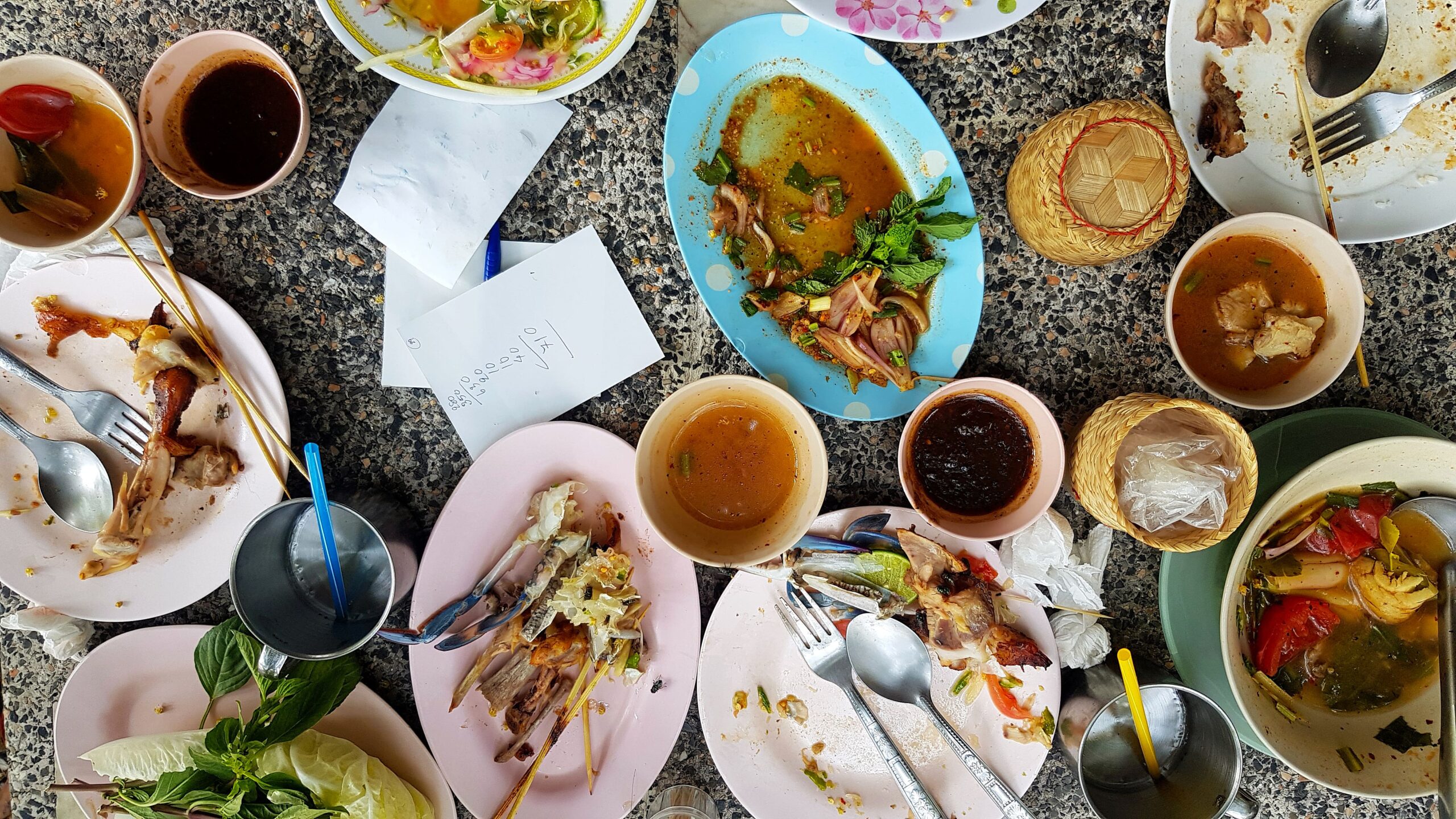Research
This subsidiary of IntelliDigest will continue to explore partnership with Universities and other research organisations to enhance IntelliDigest technology incorporating Biotech, Agri tech, Food tech and Deep tech.
Get in contact with us for research service as an Agritech or Foodtech business
Get in contact with us for Research collaboration as a Research or Academic Institute
Licence one of our IP as a technology company or contact us to manage or use their IP as University Technology Transfer Officer
Innovative research drives all our food sustainability work at IntelliDigest. We actively develop long-term strategic partnerships with universities, research institutions, development agencies and government departments. We collaborate to deliver new sustainable policies, methodologies, and technologies, to address global food loss and waste.
Our groundbreaking, award-winning research has led to the development of three sustainable solutions for the hospitality and packaging industries. Research at IntelliDigest is interdisciplinary, bringing together advances from both biotechnology, agtech, foodtech, and the social sciences. Five key areas are of special interest: food processing efficiency; intelligent food systems; regional and national food strategies; rural, small-scale food processing; and food preparation and consumption behaviour.
We currently work with a range of collaborators from Strathclyde, Herriot-Watt, Glasgow, Cambridge and Reading universities. We also work very closely with industry. Current partners include IBM, PepsiCo, and Marriott.
Key research areas
Improving processing efficiency
We combine deep scientific understanding, automation, characterisation and industrial know-how to enable a data-rich and rational design process which accelerates the development of new and robust formulated products.
Our skilled scientists can support you with resource-efficient process development and scale-up for synthetic and bio-derived ingredients, such as actives, polymers, surfactants, thickeners. We also have a wealth of experience in formulation processing for complex liquids and solids such as fertilisers, seed coatings, biosimulants, plant probiotics and those used in crop protection. Our experience in powder processes, including conveying, packing and filing, allows us to guide you towards safer handling, process efficiency and reduced pack giveaway. Our experience and skills in targeted delivery technologies, such as encapsultion, enables controlled release and improved efficacy of actives, enzymes and whole cells.
We will support you with expertise and access to facilities to fully develop your fermentation and associated downstream processing (DSP). Employing our extensive industry knowledge, we will optimise microbial strain selection and validation, feedstock and fermentation parameters to efficiently progress from laboratory into pilot facilities.
We will use our extensive knowledge of process design, techno-economics, computational fluid dynamics (CFD) and mass-transfer modelling to identify key factors that will determine the financial viability of your biotechnology process.
We work with you to develop test methods that are predictive of real-world product performance and practical to deploy at scale, allowing the development of smarter test methods for proving product performance attributes.
We review and develop processes and plant designs to meet best industrial practices, ensuring they are developed within safe operational parameters from the outset.
Evolving Intelligent food systems
Combining biotech, deeptech, agritech and foodtech, our teams are experienced in providing solutions to enhance arable and pastural farming practices. The Internet of Things enables lower cost and conformable sensors for monitoring of crop environment and conditions, the production of sensors for tracking and tracing of crops, and ultra-concentrated formulations that enable bespoke, responsive applications.
Our teams can help with artificial environmental enhancement using lighting and photonics systems. We are also able to offer a variety of techniques and skills to help you produce biomarkers and biosensors for improved animal husbandry, large area conformable sensors for monitoring animal health, sensors for atmospheric testing of animal housing, and sensors for tracking and tracing of livestocks and crops.

